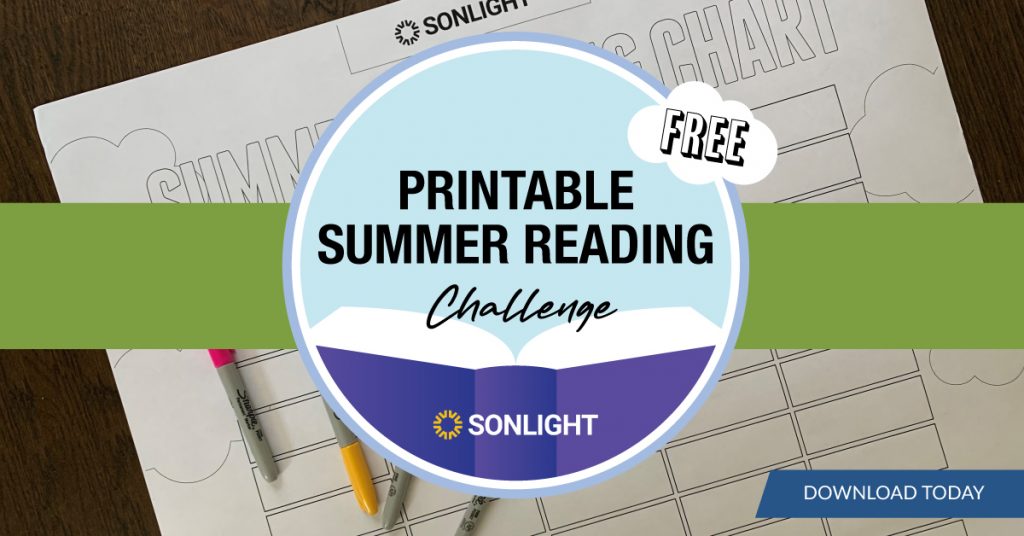Dr. Suess probably said it best: “The more that you read, the more things you will know. The more that you learn, the more places you’ll go.” Studies have shown that reading is a keystone skill that will help kids succeed academically and vocationally.
- The University of Nevada in a 2010 study found that having access to books at home was as important to a child’s educational success as was their parents’ education level.
- Another study published in Pediatrics showed that reading aloud to children promoted their brain development in regards to language and literacy.
Sadly, fewer children are reading books as the digital world competes for their time. The APA estimated in 2018, that fewer than 20% of teenagers in 2018 were reading a book daily, while the same teens were spending up to six hours a day in the digital world, texting, gaming, and engaging with social media. The trends are concerning, to say the least. How can parents get their children off of their screens and into a book?
1. Make Reading Its Own Reward
I recently read an article in Focus on the Family magazine that demonstrated how not to motivate your child to read. In the article, a mom is trying to get her teenage son to read a book using extrinsic rewards (in this case, time on his phone.) The exchange goes something like this:
Mom: "No, you can't have your phone until you finish that chapter."
Son: "But, mom, it will take forever! Come on! This is so unfair."
Mom: (through gritted teeth) "He has to finish his reading for school. It's good for him!" (picks up her phone to scroll social media as her son reads)
Too often, parents, like this fictional mom, view reading as a chore and fail to show their kids that reading can actually be a pleasurable pursuit. By presenting reading as something their kids have to do for school instead of a rewarding pastime, parents may unwittingly de-motivate their children.
Studies of the psychology of learning support the idea that extrinsic rewards may hamper a child’s long-term motivation. Psychology Today notes that “providing physical rewards, or what psychologists call extrinsic motivation for doing something, undermines the development of any internal, or intrinsic motivation to do the very same thing.” Instead of relying on extrinsic rewards to motivate your children to read, help them to see how reading can impact their lives in a positive way.
Make time to:
- model good reading habits.
- talk about books together.
- help your kids to make connections between what they are reading and real life.
- show them that reading gives them knowledge to navigate the world.
2. Build Your Library
A practical way to encourage your kids to become better readers is to provide them with access to great books. An article from The Guardian cites a study that says that a family needs to have at least 80 books in the home in order for the children to be average students. Homes with more than 80 books lead to kids with stronger academic skills, with no major benefits being found if the home has more than 350 books.
Three hundred and fifty books! That's a large library. There are so many excellent resources for finding age-appropriate books for your kiddos. Check out Sonlight’s Just Great Books list to get you started.
3. Read Aloud
Research shows that reading out loud influences kids’ brains, abilities, and attitudes about reading. It is possibly “the single most important activity” that parents can do to prepare their children for literacy, according to the Read Aloud 15 Minutes National Campaign.
Personally, I've experienced the benefits of reading aloud during this school year in my own family. As part of our first year of homeschool, we are reading out loud as a family together every night before bed. We are enjoying the time we are spending together while we read books and complete our curriculum. In fact, reading out loud together has been the favorite part of our school year.
4. Make Reading Time Special
There are so many ways to make reading time a special time.
- Gather everyone together in a comfortable spot while you read out loud.
- Light a candle in the background.
- Make hot cocoa and popcorn to share while you read together.
- Have your little ones sit on your lap while you read a story to them.
- Tuck them into their beds at night and let them hear your voice as they get sleepy.
- Let them stay up a few minutes past their bedtime to finish a book together.
If you make reading a special time, you may be surprised to find that your kids are asking you for “just one more story” or are sneaking a flashlight into their bed to read “one more chapter.”
5. Reinforce Reading Skills
Reading together as a family is likely to be the most important step you can take to improve your child’s literacy skills. However, if you want to reinforce those skills with your kids outside of your home, there are many resources that can make reading even more irresistible to your kids. Your local library can be a great resource to find new books, as well as to connect with other young readers through book clubs or reading challenges. This summer, get your kids involved with a read-a-thon or summer reading challenge like this one. If you can’t find a club that fits your kids’ interests and needs, do a little research and don’t be afraid to start your own!
We all want our children to succeed academically. Sometimes, we may not know how to accomplish that goal, but helping our kids to become good readers is likely the most important thing that we can do to help them to meet their goals and dreams. In our technology-driven culture of memes and sound bytes, it is more challenging than ever to engage our kids in important reading. It is not impossible, however. You can create a family culture where reading is not a chore, but an enriching part of your entire family’s life.










